Clearly, business as usual is no longer an option and, if we are honest with ourselves, it never really was. In a world of finite resources, the doctrine of perpetual economic growth has long been chafing against the laws of physics.
Standing at a crossroads, looking into the eye of a perfect storm, these are anxious days for humanity. The full social, humanitarian and economic fall-out of the COVID-19 pandemic may have barely come to pass but it already makes the 2008-09 global financial crisis look like child’s play. Predictably, it is the poor, informal, and marginalized communities who have been most adversely affected.
In the midst of this crisis, many cities we had come to know as centres of power and influence, as beacons of civilisation or simply as “smart” have revealed themselves to be awkwardly vulnerable, inequitable, impuissant, and in some cases, wholly unfit for the future. Urban people who might once have taken food, water and energy for granted are now acutely aware of just how easily supply chains can be disrupted.
COVID-19 has rattled our cities and changed the way we view them. We can only hope it will change the way we design, build, and manage them. As public budgets are reassigned and stimulus packages deployed, it is imperative that we seize this once-in-a-generation opportunity to expedite the “Great Green Transition” and build a better world for all.
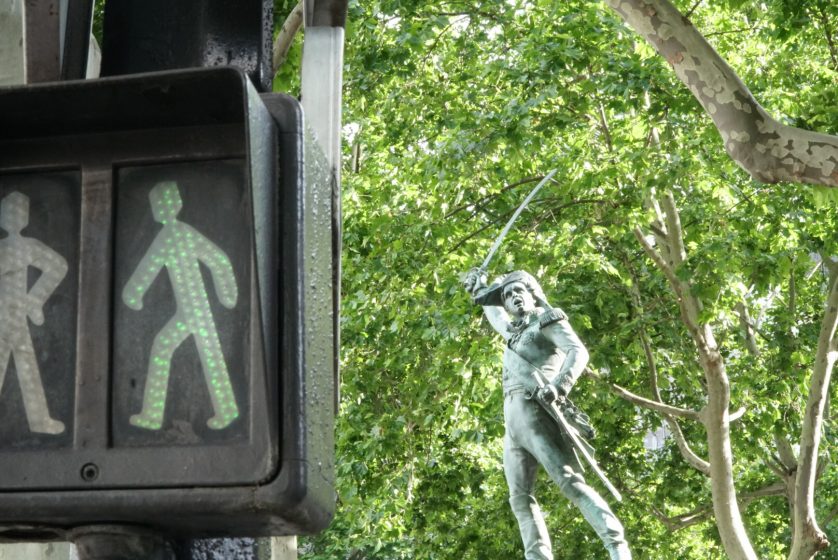
Against the grain
We can no longer ignore nature’s warning shots. The Ebola virus is named after a river in the Congo Basin while the namesake of the Zika virus is a forest in Uganda. COVID-19 is not the first zoonotic disease thought to have been triggered by ecological disturbance and wildlife exploitation. Nor will it be the last—at least not until we stop grating against the wilderness.
Three-quarters of the planet’s land surface has been “significantly altered” and one million species of plants and animals are thought to be at risk of extinction (IPBES, 2019). Populations of wildlife have declined by 68% since 1970 (WWF Living Planet Report, 2020) and, of the 20 international biodiversity targets agreed by governments a decade ago, none was met in full (GBO5, 2020).
Despite a “lockdown lull” over the past year, global greenhouse gas emissions have resumed their dizzying ascent (UN, 2020). Capping a decade of scorching temperatures, 2020 was the hottest year on record. Ice sheets are thinning, glaciers are retreating, and permafrost is thawing. From the lithosphere into the atmosphere, methane is fizzing skyward. Bonfires larger than countries are laying sacred forests to ruin. Oceans loaded with toxins and junk, are acidifying and advancing inland. Extreme weather events are seeming less and less extraordinary (NASA, 2020). The evidence is crystal clear: our planet is in trouble and therefore, we are too.
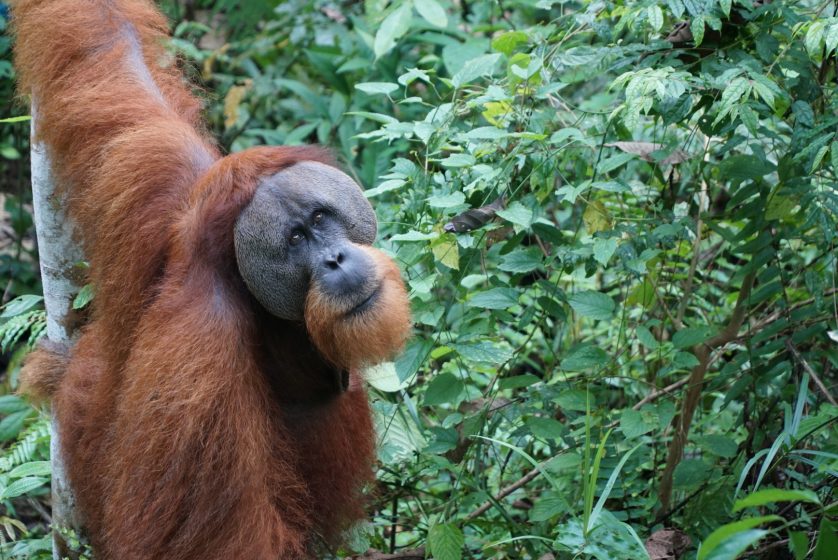
Tempering lions
We have long known that cities are central to the success of the Sustainable Development Goals. Despite occupying a tiny fraction (2-3%) of the Earth’s land surface, they account for the lion’s share (75%) of natural resource consumption and contribute disproportionately (75%) to global greenhouse gas emissions. Their impacts are felt almost everywhere, even in the remotest remnants of wilderness. For the surging majority of us, they are also home.
At IUCN, we recognise that the survival of the natural world is contingent upon the sustainability of the unnatural world: our cities. This is why we are mobilising our Union to play a more proactive role in shaping our collective urban future.
We want to help cities become nature-positive. How? By protecting critical ecosystems from conversion to human settlements; by promoting compact integrated development and curbing urban sprawl; by adopting nature-inclusive design principles to accommodate urban wildlife; by deploying nature-based solutions to address pressing urban challenges; by enhancing the efficiency of urban utilities to minimise waste and pollution; by greening supply chains to shrink ecological footprints; and by fostering pro-environmental attitudes grounded in ecological literacy.
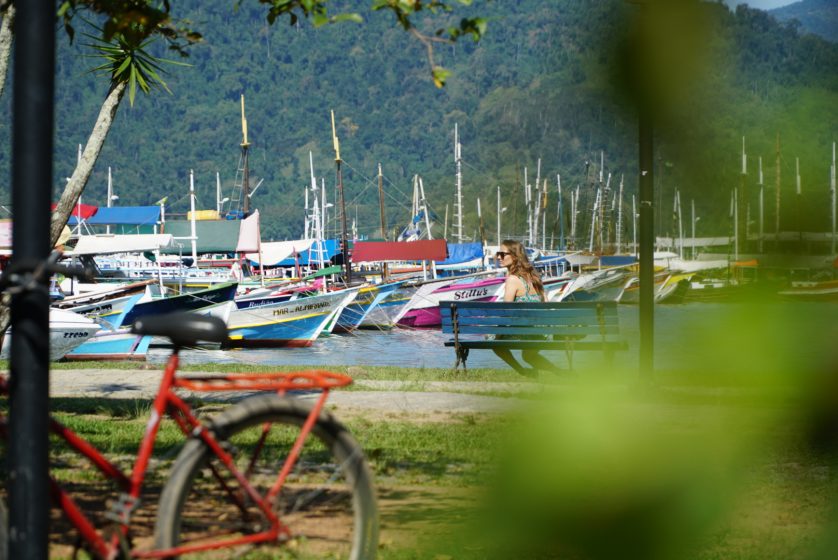
Collaboration, collaboration, collaboration…
With the support of Arcadia, a charitable fund of Lisbet Rausing and Peter Baldwin, and at the behest of our 1,400 Members—States and government agencies, NGOs large and small, Indigenous Peoples’ organisations, scientific and academic institutions, and business associations—we have formed the IUCN Urban Alliance. As a diverse coalition of IUCN constituents chaired by IUCN Global Councillor Jonny Hughes, we are united behind the vision of “a world in which nature thrives in urban areas, delivering solutions to multiple social, economic and environmental challenges.” Pursuant to this vision, we are creating a platform for debate and knowledge exchange; catalysing new projects and partnerships; and developing new tools and guidelines. We are building a global movement for greener cities.
In cooperation with the World Bank, we recently launched the PANORAMA Thematic Community on Sustainable Urban Development and Resilience comprising hundreds of inspiring, impactful, and scalable solutions drawn from across the conservation and development sector. These include, for instance, the establishment of “water funds” to restore catchments around drought-stricken cities; the use of “land value capture” to finance sustainable transport infrastructure; the retrofitting schools to ensure earthquake-readiness; the creation of pollinator habitats on high-rise rooftops; and downtown “bioblitzes” involving scores of citizen scientists. We encourage practitioners to use the platform to share and reflect on their work, source ideas and insights, and connect with and learn from each other.
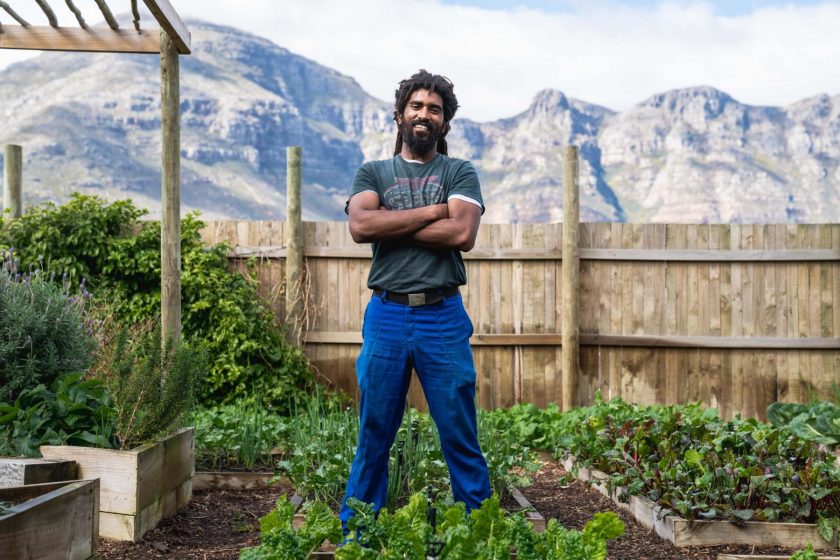
We are also developing a new knowledge product, the IUCN Urban Nature Index, to help cities measure and track their ecological performance across three realms: urban, bioregional and global (i.e., tele-coupled). The Index is intended to enhance environmental transparency and accountability, facilitate goal setting and catalyse local action. Under the guidance of our esteemed IUCN Technical Expert Group and with the dedicated support of Urban Biodiversity Hub, we will soon commence beta-testing the Urban Nature Index in five pilot cities. We shall launch the product at the IUCN World Conservation Congress in Marseille, September 2021, where we will run the Urban Planet Pavilion together with a dozen partners.
Finally, we are gathering support for a Manifesto for Ecological Urbanism, articulating imperatives and pathways for bringing the built environment into balance with nature, and issuing a rallying call for concerted global action. On the road to Marseille, we will invite our Members and partners to help shape and promulgate it. In the spirit of our partnership with Edinburgh College of Art—through which postgraduate students have already produce a series of stunning experimental short films exploring the theme of ecological urbanism—we will continue collaborating with artists, activists and culture-makers to give creative expression and emotional resonance to the Manifesto.
Elegance and injustice
Our efforts are intended not only to conserve nature but to help communities prosper. In recent years, IUCN has worked to popularise the concept of nature-based solutions defined as “actions to protect, sustainably manage, and restore natural or modified ecosystems, that address societal challenges effectively and adaptively, simultaneously providing human well-being and biodiversity benefits.” Last year, we launched the IUCN Global Standard for Nature-based Solutions—the result of an extensive consultative process involving 800 experts. It offers clarity, credibility and quality assurance to the concept.
Examples from around the world attest that nature-based solutions can cost-effectively and elegantly enhance the sustainability, resilience and liveability of cities. Trees mop up pollutants, dampen noise, and cool the air; wetlands and raingardens reduce flood risk; mangroves and marshes buffer storms; greenspaces facilitate exercise, spiritual nourishment and community interaction; and greenways support active travel.
Yet in most cities, the provision of nature is inadequate or distributed unevenly, along lines of affluence. Stark inequities persist. Far too many people are denied nature’s benefits. We can and we must do better.
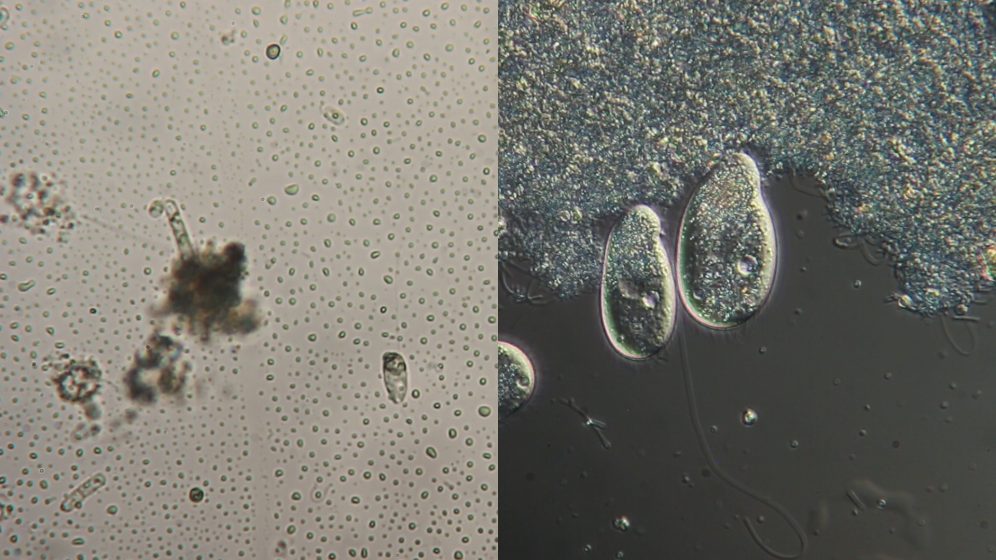
Nature never rusts
2020 dispelled many myths of separation: between humans and nature; between our actions and their consequences; between the haves and have-nots; between the living and the yet-to-be-born. Spanning oceans of time and mountains of space, the great web of life binds us together in “a single garment of destiny”.
Clearly, business as usual is no longer an option and, if we are honest with ourselves, it never really was. In a world of finite resources, the doctrine of perpetual economic growth has long been chafing against the laws of physics.
As banks wave their magic wands, miraculously conjuring vast sums of money, and as governments build up debts so heavy that they must be shouldered by our grandchildren, we should pay close attention. Decisions on economic stimulus measures are quietly determining the fate of our planet and by extension, the health, wellbeing and security of generations to come.
One can already hear the engines of growth, extractivism and denialism, revving up for a return to normalcy. Make no mistake: they are not roadworthy. A green recovery must have nature and people at its heart. Its guiding lodestar should be shared prosperity within the limits of Earth’s living systems. Investing in the restoration of our planet’s health—in fortifying the great web of life—is surely the kindest and wisest investment in our common future.
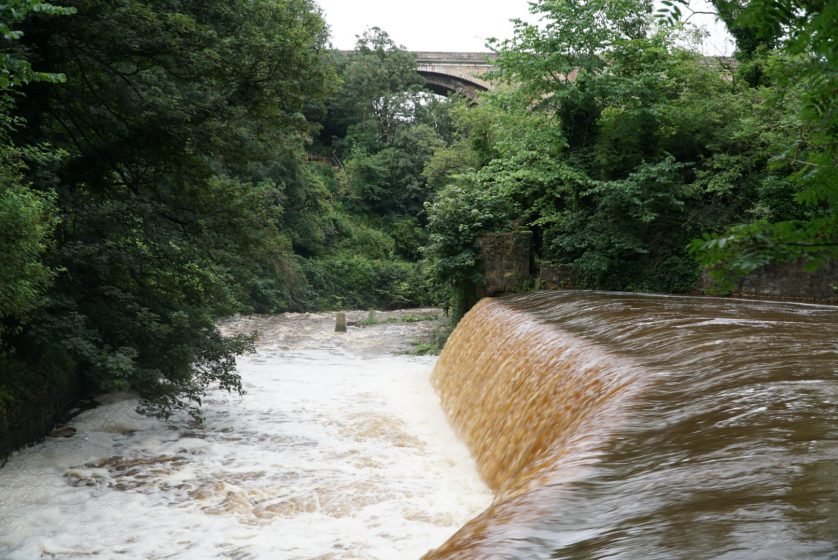
Certainly, these are anxious days, but the winds of change bring hope and opportunity. I firmly believe that this public health crisis can mark a positive turning point in our history: a chance to reset our relationship with nature; to reign-in our bloated economies to within planetary boundaries; to reimagine our cities as regenerative systems; to build a truly ecological civilisation. A genuinely green recovery means nothing less than transformative change; the promise of transitioning from a world of artificial scarcity to one of natural abundance. From that lush and flourishing future, we all stand to gain.
Russell Galt
Edinburgh

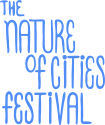
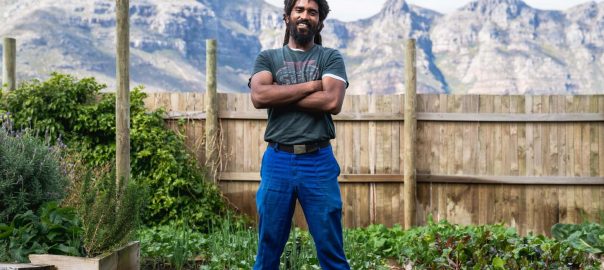
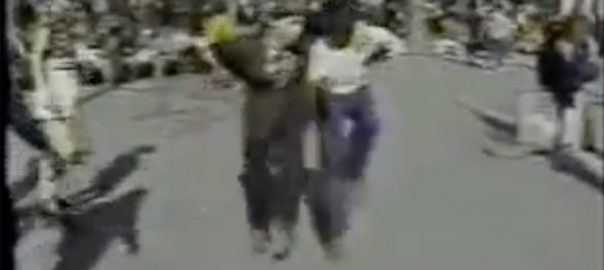
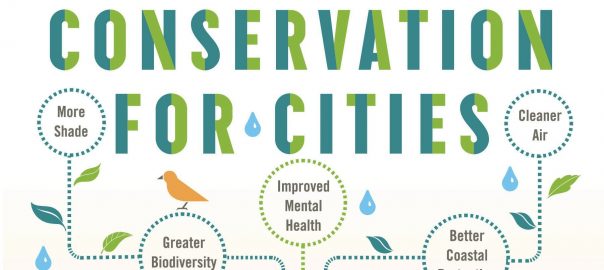
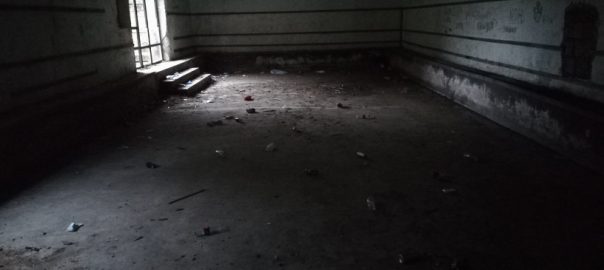
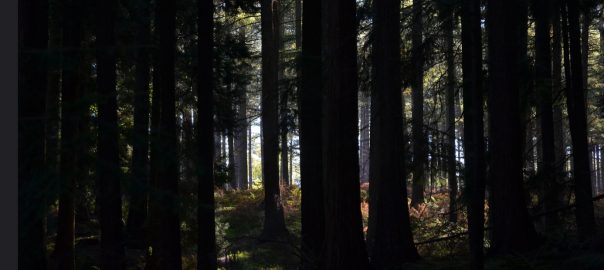
Leave a Reply